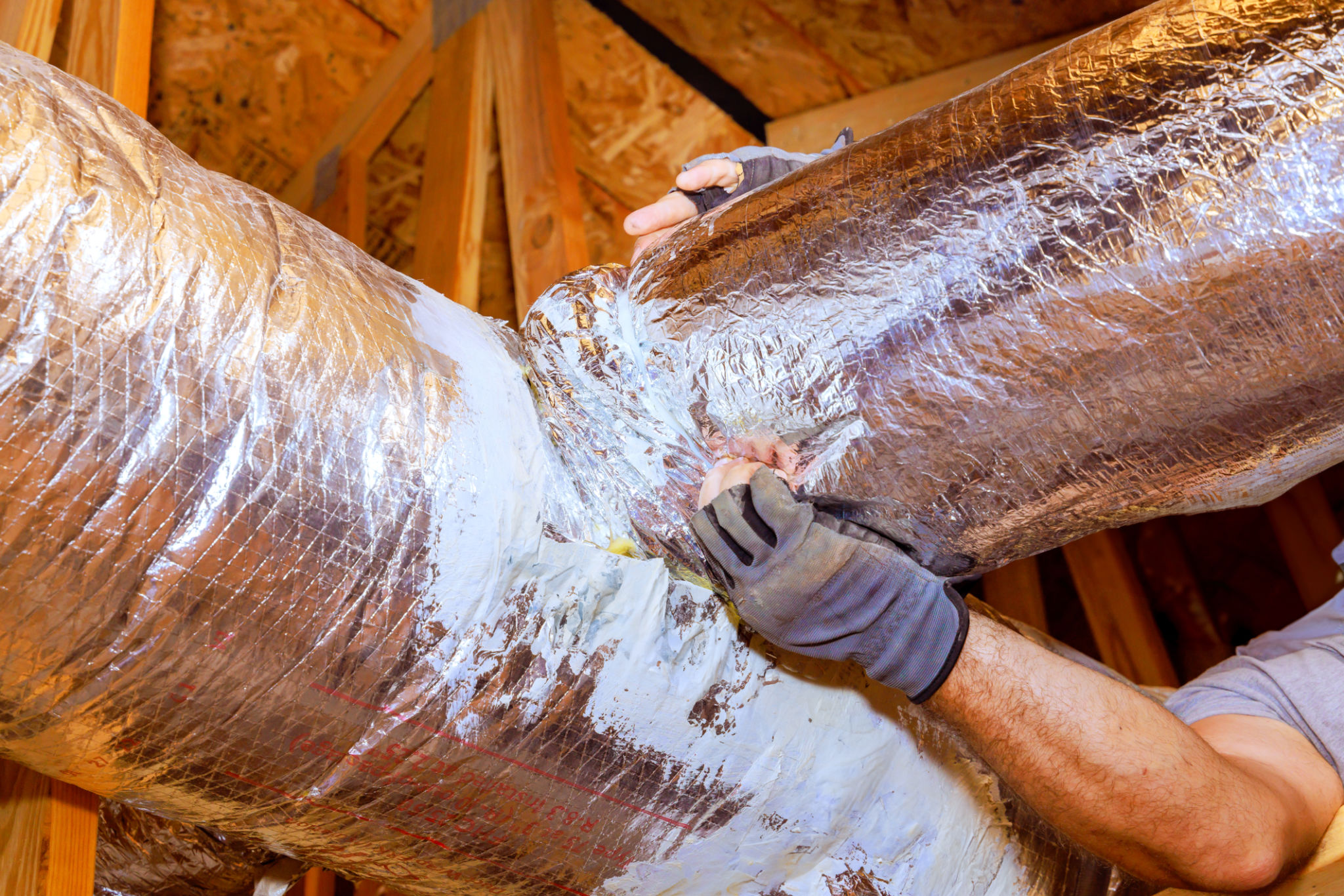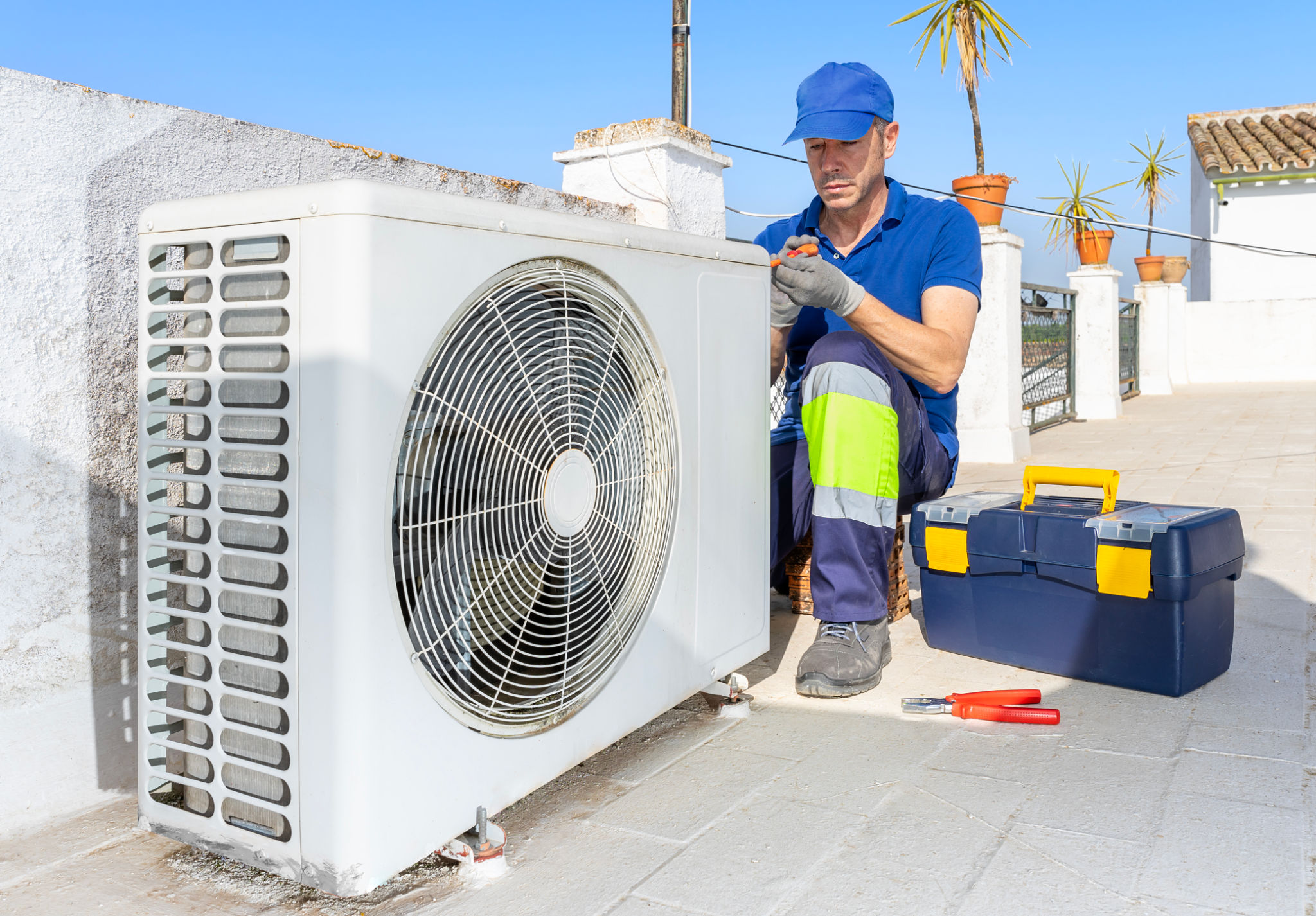Top 5 HVAC Myths Debunked: What Every Homeowner Should Know
Myth #1: Closing Vents in Unused Rooms Saves Energy
One of the most common myths about HVAC systems is the belief that closing vents in unused rooms will save energy and lower utility bills. While it might seem logical to redirect airflow away from empty spaces, this practice can actually do more harm than good. Closing vents increases pressure in the ductwork, which can lead to leaks and inefficiencies. The HVAC system may end up working harder to maintain the desired temperature throughout the house.

Myth #2: Bigger HVAC Systems Are Always Better
When it comes to HVAC systems, size does matter—but bigger isn't always better. An oversized system can lead to short cycling, where the system frequently turns on and off. This not only reduces efficiency but also increases wear and tear on the unit, potentially shortening its lifespan. It's crucial to have a professional assess your home's specific needs to ensure the system is appropriately sized for optimal performance.
Myth #3: You Only Need to Change the Filter Once a Year
Changing your HVAC filter is an essential part of maintaining the system's efficiency and air quality. Many homeowners mistakenly believe that filters only need to be replaced annually. In reality, most filters should be changed every one to three months, depending on factors like usage, household size, and whether you have pets. Regular filter changes help keep your system running smoothly and can improve indoor air quality.

Myth #4: Thermostat Placement Doesn't Matter
The location of your thermostat plays a critical role in how effectively your HVAC system regulates temperature. Placing a thermostat in direct sunlight, near drafts, or close to appliances that emit heat can cause it to misread the ambient temperature. This can lead to inefficient heating or cooling. Ensure your thermostat is placed in a central location away from these influences for accurate readings.
Myth #5: Maintenance Isn't Necessary for New Systems
Many homeowners believe that new HVAC systems don't require maintenance, thinking they'll run efficiently without intervention for years. However, regular maintenance is vital for preventing future problems and ensuring longevity. Scheduling annual check-ups with a professional can help identify potential issues early and keep your system functioning at its best. Routine maintenance can also help maintain manufacturer warranties.

Conclusion
Understanding these common HVAC myths can help homeowners make informed decisions about their heating and cooling systems. By debunking these misconceptions, you can ensure your system operates efficiently and lasts longer, ultimately saving you money and improving comfort in your home.
